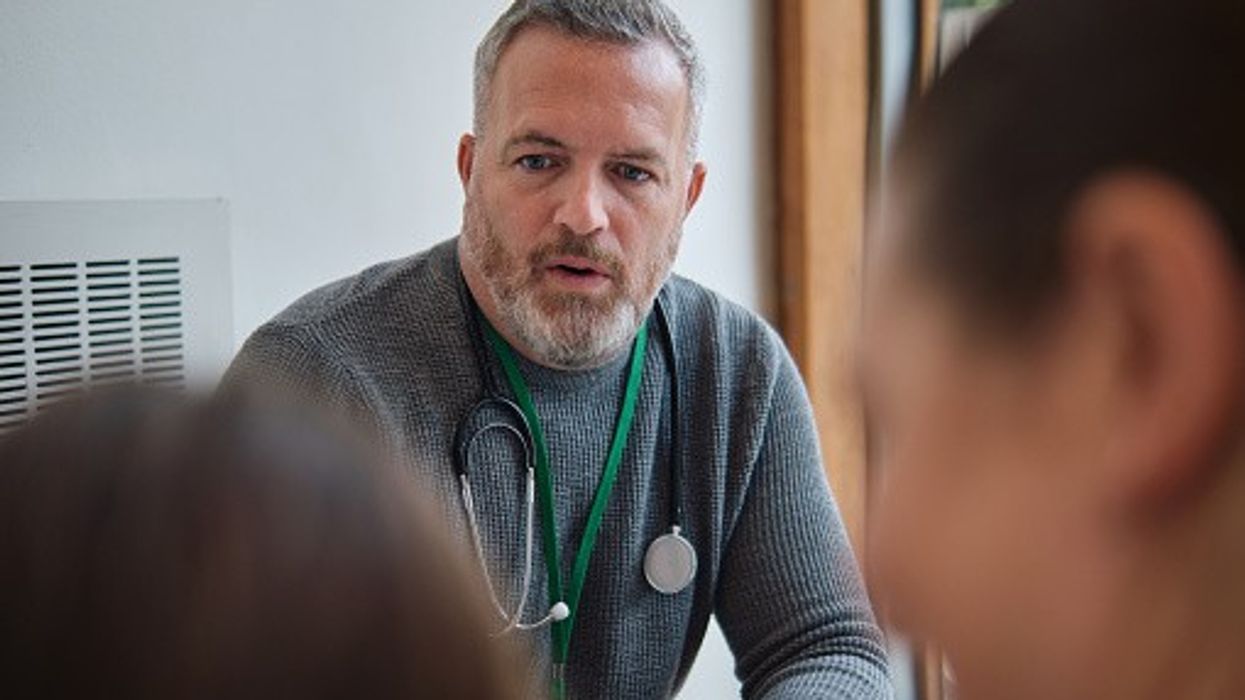Pharmacies have huge potential to take pressure off GPs if they are given adequate funding, says NPA CEO Paul Rees
The Royal College of GPs (RCGP) has called on the government to increase investment in general practice, stating that they are now “seriously struggling” due to years of underfunding and neglect.
As evidence of the mounting workload pressures faced by GPs, new research published by the RCGP has revealed that GPs are now responsible for an average of 2,300 patients each.
Concerningly, the ratio has become even worse in areas of higher deprivation, where the need is greatest.
The RCGP research found that over the past six years, the average number of patients per GP in areas with the highest level of income deprivation has risen by 260, marking a 12 per cent increase—nearly double the rate observed in the least deprived areas.
In these areas, one GP is responsible for 2,450 patients, which is over 300 more patients than their counterparts in the least deprived regions.
Addressing the RCGP’s annual conference 2024 in Liverpool on Thursday, College Chair Professor Kamila Hawthorne said: “When I became a GP, it was normal to have a list size between 1,600-1,800 patients. The role was busy and challenging, but it was manageable. Our latest figures reveal that the average is now 2,300.
“This situation has become more challenging for all GP practices since 2018 and we would argue almost all are ‘under-doctored’.”
Professor Hawthorne highlighted the disparities in the GP-patient ratio, noting, "It can’t be right that a GP in Kingston upon Thames looks after 1,800 patients while a GP in Kingston upon Hull, one of the most deprived places in England, is expected to cover twice that number.”
While she praised the government for establishing a new fund of £82 million to support the hiring of GPs in substantive roles, she stressed the importance of effective implementation.
“This is a positive step, made in double-quick time, but implementation will be vital,” she said.
The RCGP is asking for increased investment in general practice, with a focus on directing more spending to areas of greatest need and enhancing initiatives to boost the number of GPs.
Professor Hawthorne called on the government to take urgent action to meet its manifesto pledge to halve the gap in healthy life expectancy between different regions of England within 10 years.
A recent ‘GP Voice’ survey conducted by the College revealed that over 40 per cent of GPs are considering leaving general practice within five years.
Paul Rees, CEO of the National Pharmacy Association (NPA), stated the RCGP’s research findings provide further evidence that “our vital primary care system is creaking at the seams.”
He noted that while GP workloads are high, pharmacies are closing at alarming rates and are unable to take up the slack.
"It's frustrating because pharmacies have huge potential to solve the problem for patients, and take pressure off GPs, if only the pain of real terms cuts over the past decade was eased,” he added.
Professor Hawthorne has welcomed Health Secretary Wes Streeting's announcement to cut GP bureaucracy in his keynote address to the RCGP annual conference on Friday.
"The Health Secretary's commitment to increase the proportion of resources going into primary care has the potential to turn things around, but this can only happen if we work together. Additional resources are needed now in general practice, and the forthcoming Budget will be the ideal opportunity to start delivering this,” she added.













